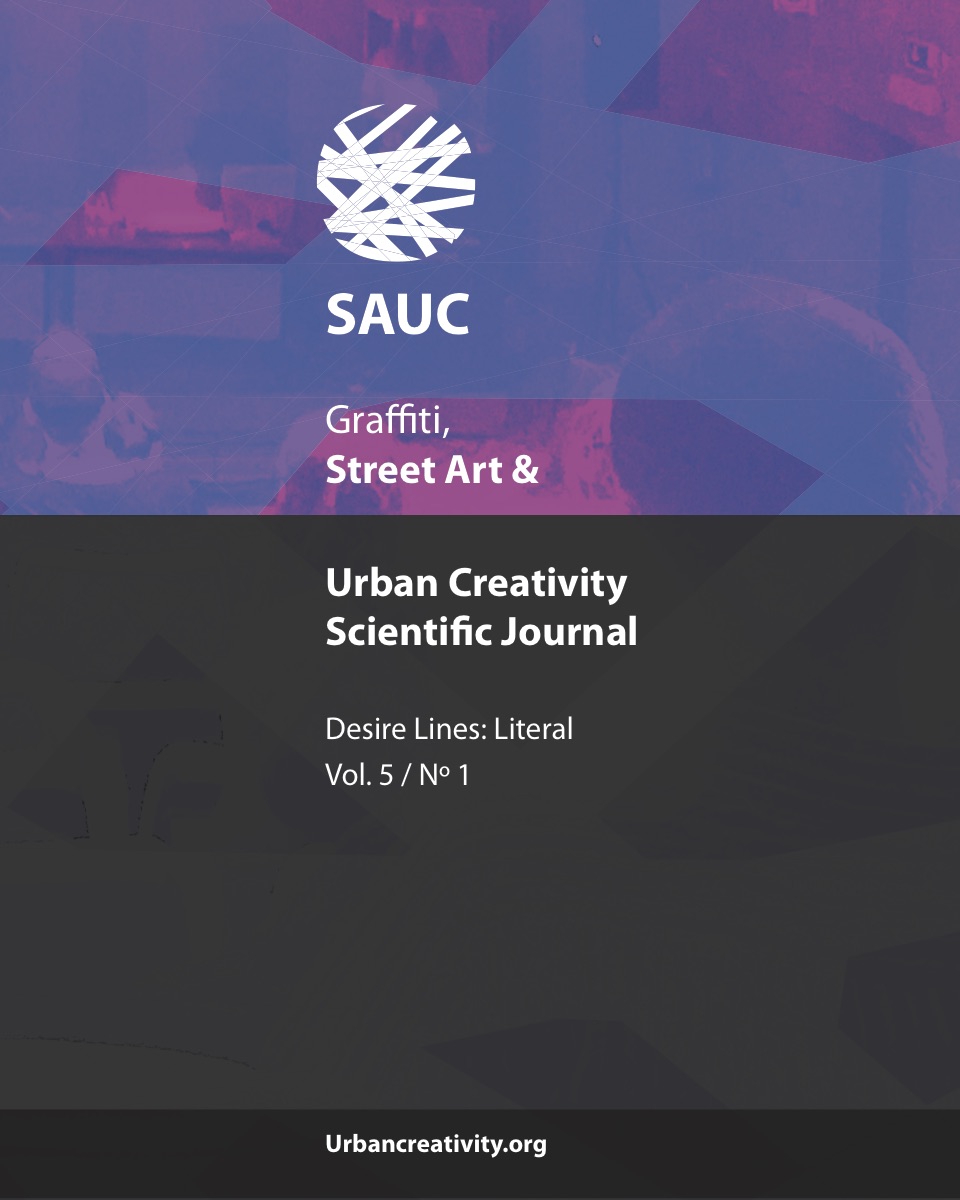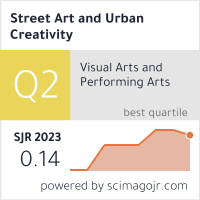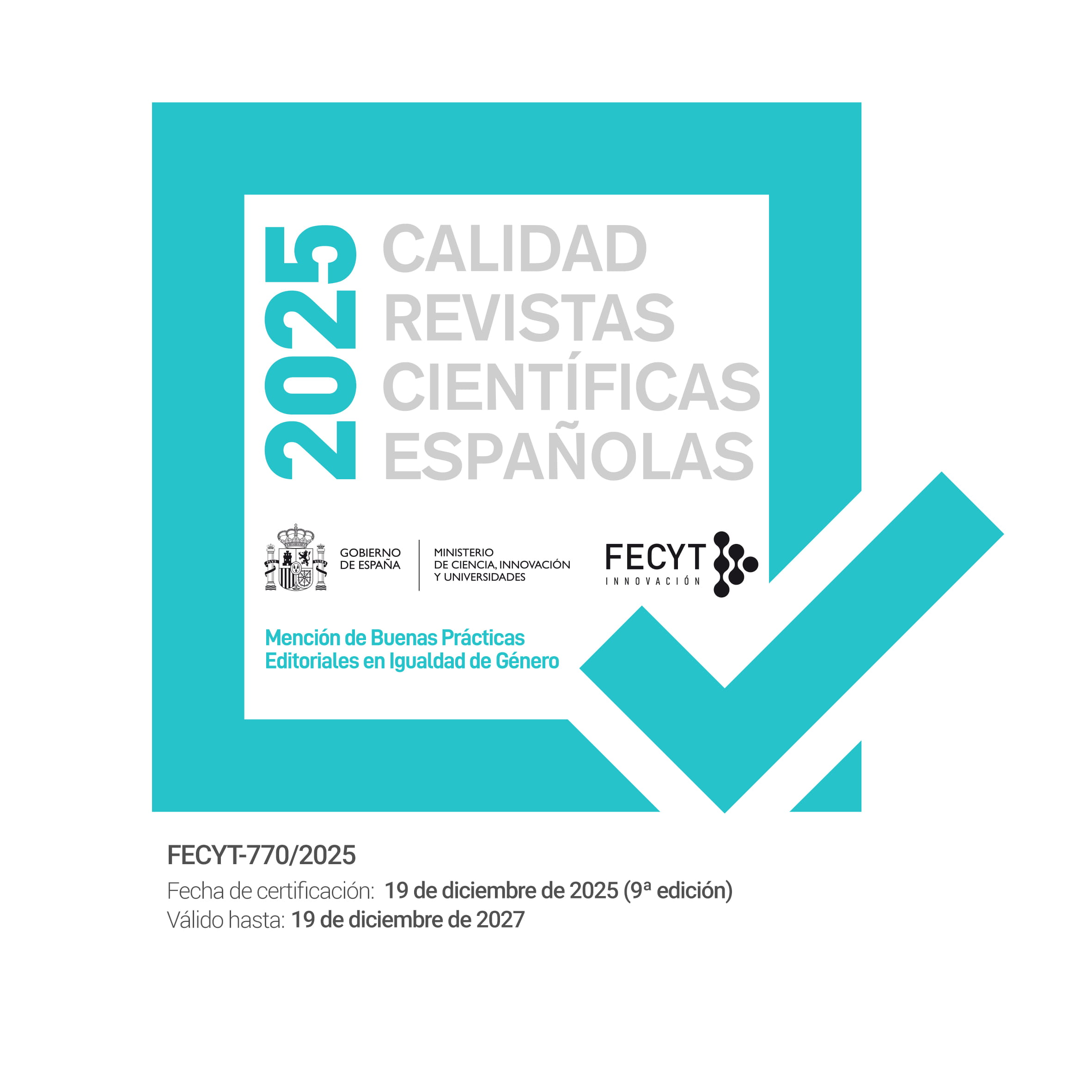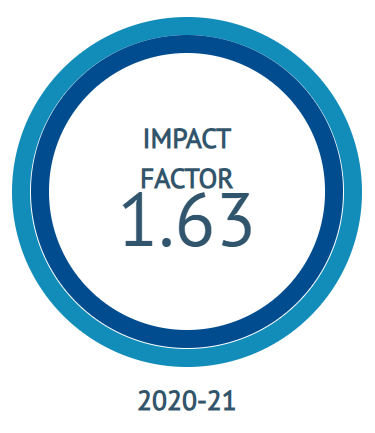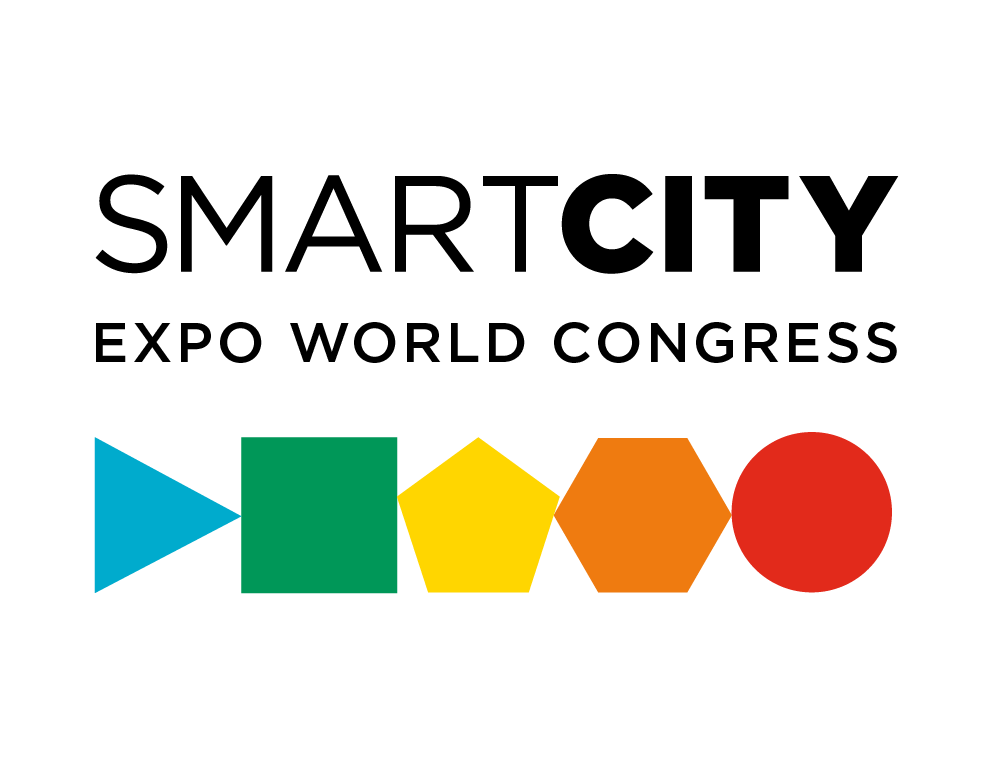From Post-Posters to Un gilet
DOI:
https://doi.org/10.25765/sauc.v5i1.187Abstract
In April 2018, Antonio GALLEGO and I met in Strasbourg and talked about the way we felt about spontaneous forms of art in urban space regarding the current social movements and the celebration of May 1968. Most of institutions that have been commemorating May 1968 were evacuating the subversive nature of the collective appropriation of urban space, in favour of an iconic fetishism around L’ATELIER POPULAIRE’s posters. We agreed that the best way to “commemorate” social struggles history was not to get into nostalgic reenactment. But, instead we had to contribute with our means to the actual struggles using forms of creative and collective visual presences, di used in a viral manner during and beyond the demonstrations.
Downloads
Global Statistics ℹ️
|
172
Views
|
39
Downloads
|
|
211
Total
|
|
Downloads
Published
How to Cite
Issue
Section
License
Those authors who publish in this journal accept the following terms:
-
Authors retain copyright.
-
Authors transfer to the journal the right of first publication. The journal also owns the publishing rights.
-
All published contents are governed by an Attribution-NoDerivatives 4.0 International License.
Access the informative version and legal text of the license. By virtue of this, third parties are allowed to use what is published as long as they mention the authorship of the work and the first publication in this journal. If you transform the material, you may not distribute the modified work. -
Authors may make other independent and additional contractual arrangements for non-exclusive distribution of the version of the article published in this journal (e.g., inclusion in an institutional repository or publication in a book) as long as they clearly indicate that the work was first published in this journal.
- Authors are allowed and recommended to publish their work on the Internet (for example on institutional and personal websites), following the publication of, and referencing the journal, as this could lead to constructive exchanges and a more extensive and quick circulation of published works (see The Effect of Open Access).

